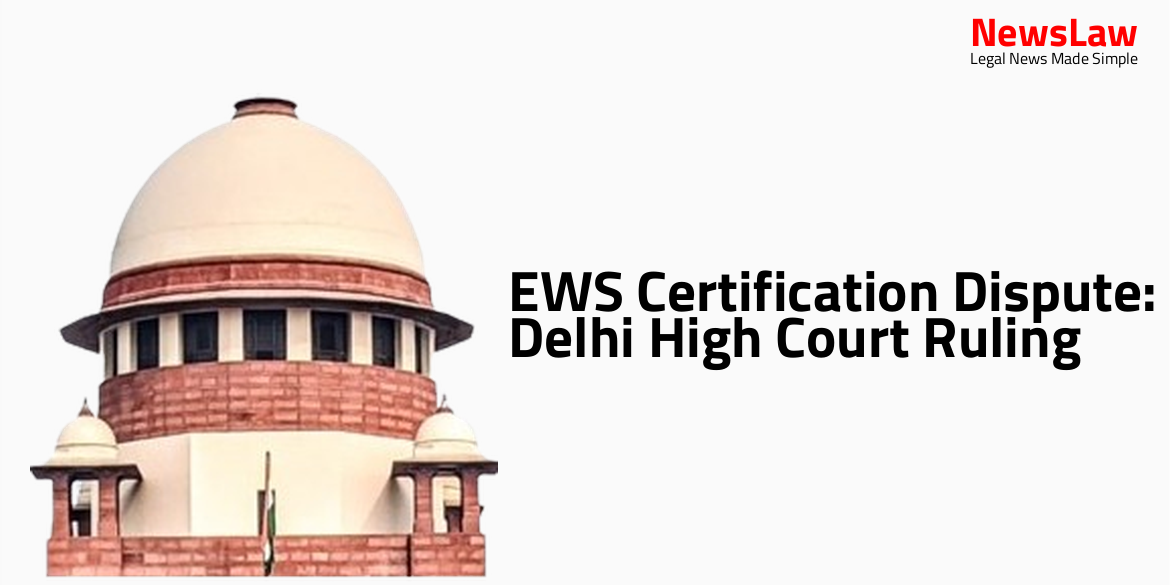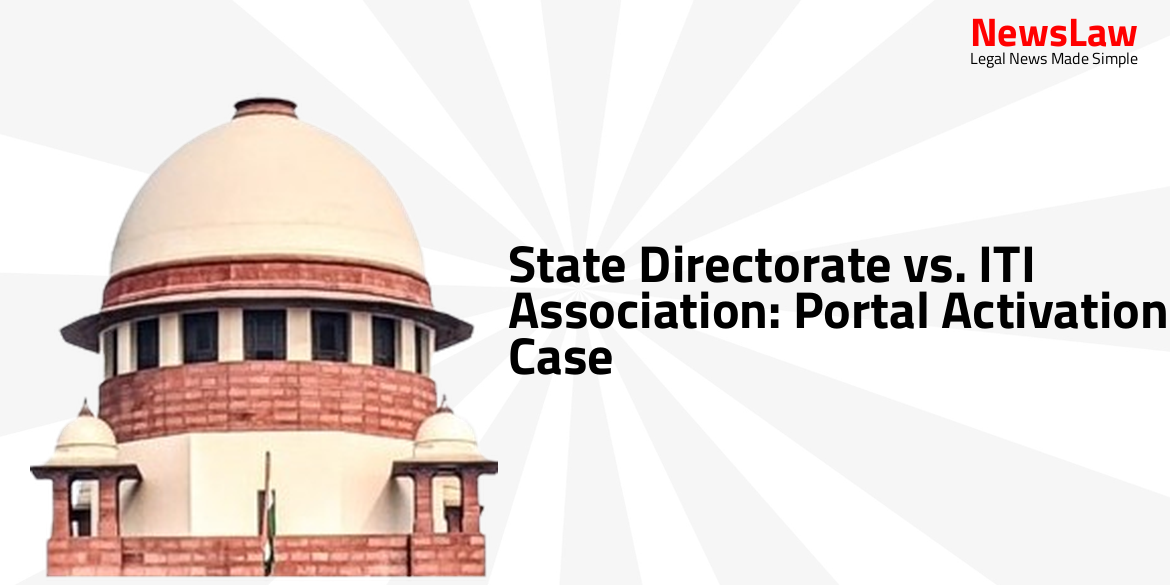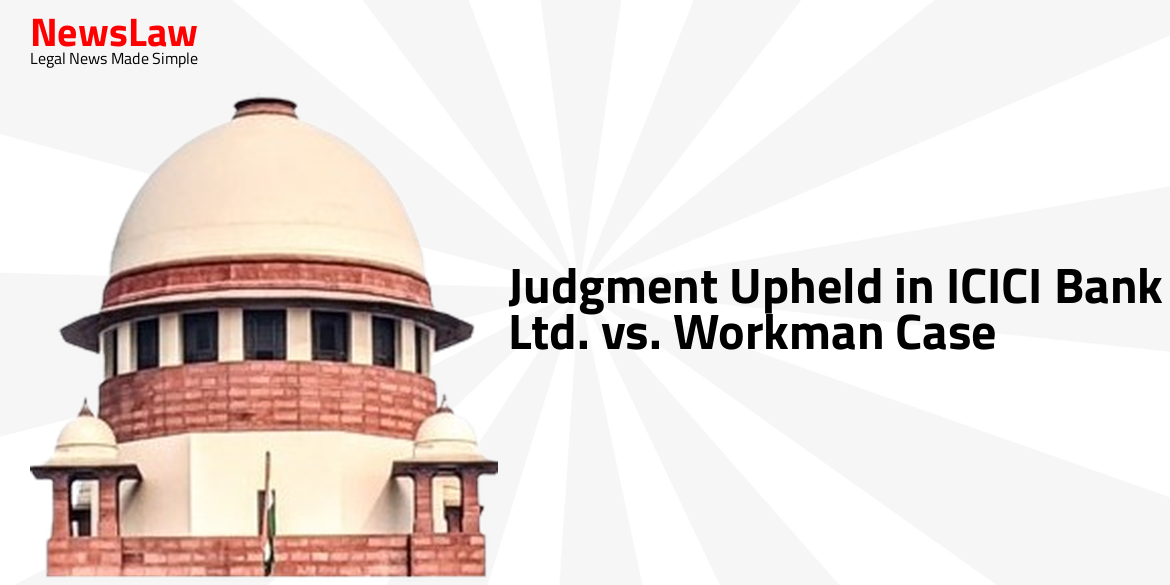The Delhi High Court has delivered a significant judgment in the case of Amit Katyal v. Directorate of Enforcement concerning medical bail. The decision revolves around the entitlement of Amit Katyal to interim bail on medical grounds. Follow this case closely for insights into the legal implications of medical bail decisions.
Facts
- The inmate patient, Amit Katyal, was granted interim bail from 06.02.2024 to 04.03.2024 and finally surrendered on 01.05.2024.
- Medical Status Reports dated 05.06.2024 and 06.06.2024 were filed by the Jail Superintendent, indicating health issues.
- The patient was advised an intravenous injectable due to lack of relief from treatments.
- Ultrasonography suggested Grade 2 fatty liver with Hepatomegaly.
- The inmate visited the jail dispensary for blood-tinged vomiting and pain abdomen on 10/05/2024, followed by a visit on 11/05/2024 for severe pain in the lower abdomen.
- The patient had a history of Bariatric Sleeve Gastrectomy, Coronary Artery Disease, Obstructive Sleep Apnoea, Diabetes, and Syncope.
- On 06/05/2024, he visited the dispensary for vomiting, acidity, and pain in the operated site.
- A scheduled OPD on 03/05/2024 was cancelled due to complaints of vomiting and chest pain.
Issue
- The petitioner, currently in custody, is seeking interim bail on medical grounds.
- The main issue to be decided at this stage is the entitlement of the petitioner to interim bail.
- The focus of the decision at this juncture is solely on the medical grounds for bail.
Arguments
- The petitioner underwent bariatric surgery at Medanta Hospital and was discharged on 11.04.2024.
- Medical reports from RML Hospital and DDU Hospital were annexed to the Status Report.
- The Supreme Court’s decision in Pawan Alias Tamatar v. Ram Prakash Pandey was cited regarding bail on medical grounds.
- Angiography of the petitioner at Apollo Hospital showed normal results.
- The Special Judge noted the petitioner’s recovery from surgery while granting previous extensions of bail.
- The Medical Status Report highlighted the petitioner’s health issues: coronary artery disease, diabetes, mellitus, obstructive sleep apnea, hepatomegaly, and syncope.
- The Jail Superintendent’s report only documented the petitioner’s complaints.
- The respondent alleged that the petitioner was concealing his true medical condition.
- The petitioner was provided with certain medical facilities including medications and consultations at Medanta – Medicity.
- The petitioner’s health condition was argued to be of utmost importance due to serious co-morbidities.
- The Enforcement Directorate contended that the petitioner’s ailments were not severe and adequate medical attention was being provided in jail.
- The petitioner’s post-surgery recovery issues like continuous vomiting and low energy levels were noted in the Medical Status Report.
- The Special Counsel has argued against the grant of interim bail on medical grounds.
- The learned Special Counsel emphasizes the need for compelling reasons to justify the grant of bail to the accused.
- It is suggested that courts should not exercise their discretion in granting bail unless there are strong reasons to do so.
Analysis
- The health of the petitioner must be given priority and he has a fundamental right to receive adequate treatment while in jail.
- The restrictions on the petitioner’s daily activities due to his medical condition are debilitating.
- The petitioner underwent bariatric surgery while an application for bail extension was pending.
- If specialized or sustained treatment outside of jail is necessary due to the petitioner’s medical condition, he is entitled to interim bail.
- The petitioner was directed to surrender on a specific date after being in a recovered state of health post-surgery.
- Medical reports from the government hospital/jail indicate the need for urgent cardiac and bariatric surgery.
- Not every ailment entitles an accused for bail on medical grounds, and the petitioner’s actual medical condition was questioned by medical opinions from RML Hospital and DDU Hospital.
- The petitioner claimed to be sick and infirm in custody.
- Section 45(1) of the Act states that a person accused of an offence punishable for a term of imprisonment of more than three years under Part A of the Schedule shall not be released on bail unless certain conditions are met.
- The first proviso to sub-Section (1) of Section 45 allows for the grant of bail to certain individuals like those under sixteen years of age, women, sick or infirm individuals, or those accused of money laundering a sum of less than one crore rupees, even without meeting the strict bail conditions.
- The purpose of this provision is to provide exceptions to the bail requirements for specific categories of individuals as mentioned above.
- The power to grant bail on medical grounds under the first proviso to Section 45(1) of the Act is discretionary.
- The discretion for granting interim bail on medical ground may not be exercised only when the person is at the brink of death.
- For granting bail on the ground of infirmity, it must consist of a disability that incapacitates a person from performing ordinary routine activities on a day-to-day basis.
- The right to health of an individual, being a facet of the right to life under Article 21, cannot be abridged without due process of law in a mechanical manner.
- Infirmity is not solely related to age but must involve a disability that hinders the performance of regular activities.
- The medical status report does not disclose the underlying ailment of the petitioner.
- Without expert opinion, the court cannot determine if the petitioner needs specialized treatment.
- Court cannot act as a medical expert based on medical records.
- Petitioner’s medical condition cannot be ignored, given the evidence of being a heart patient with recent bariatric surgery and other ailments.
Decision
- A Medical Board of Doctors from at least three different specialties is to be constituted by the Director of AIIMS to evaluate the medical condition of the petitioner.
- The Jail Superintendent must provide all medical records of the petitioner to the Medical Board of Doctors by 11.06.2024.
- The petitioner’s representative may also provide relevant medical records to the Board, with a copy to the Special Counsel for the Directorate of Enforcement.
- The petitioner is to be presented before the Medical Board on 11.06.2024 at the specified time and place.
- If necessary, the petitioner may be admitted to AIIMS for evaluation.
- The Medical Board is required to submit its report to the Court by 14.06.2024.
- The report should specify if the petitioner requires specialized or sustained treatment, personal care, and special diet that cannot be provided at the Jail’s healthcare facility.
Case Title: AMIT KATYAL Vs. DIRECTORATE OFENFORCEMENT GOVERNMENT OFINDIA (2024:DHC:4741)
Case Number: BAIL APPLN.-2024/2024



